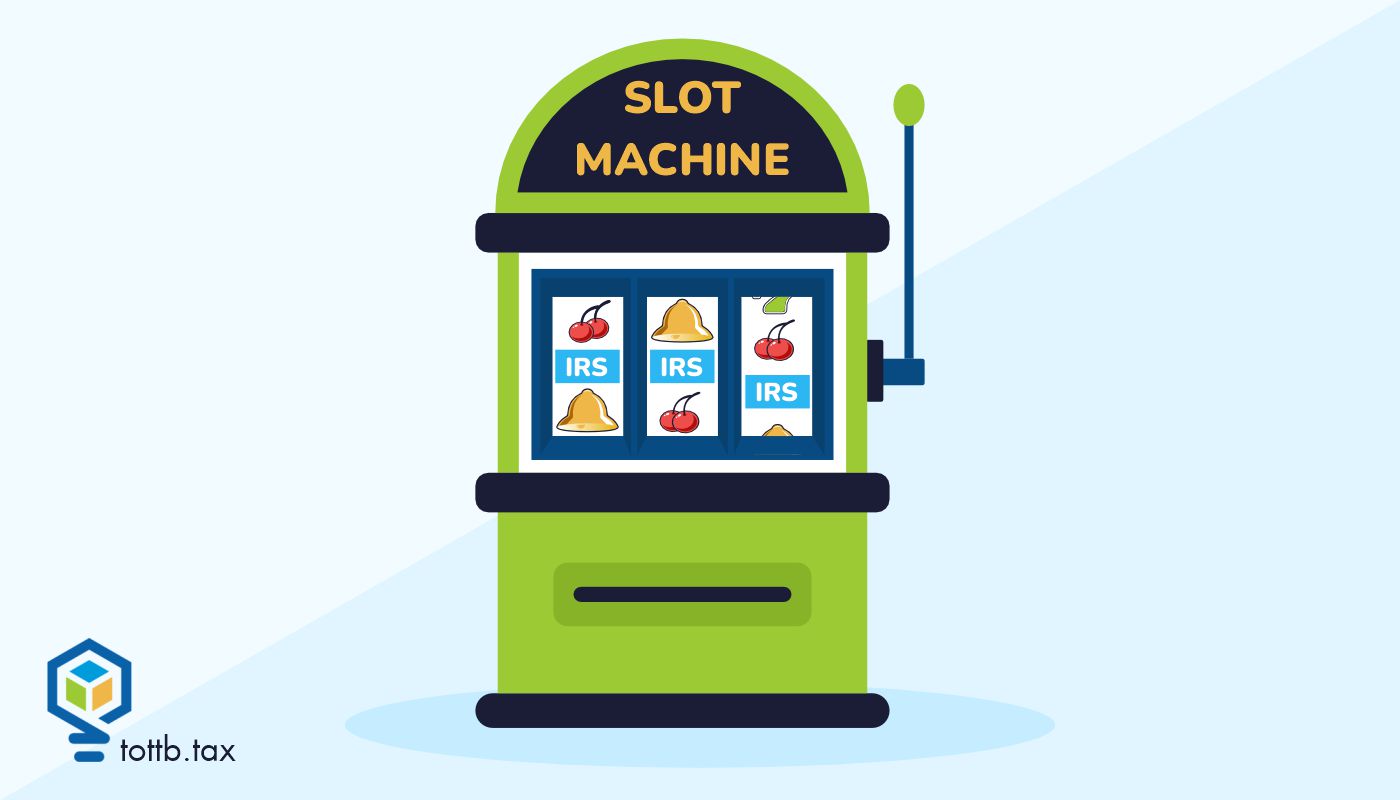
At Around the Tax World, you can find out all about what’s going on in the wonderful, worldwide world of tax. Every month, we’ll feature a few mini-articles on what’s been going on in the world when it comes to tax, and fully available for viewing even if you don’t have a subscription.
If you wish to subscribe and gain access to all articles on the site, be sure to check out the benefits of doing so here!
Check out what’s happening all around the world of tax!
In The Headlines
- Joe Biden and Elon Musk exchanged tax policy quips on Twitter. The president recently tweeted that “It’s about time the super-wealthy start paying their fair share.” This soon received a cheeky reply from Twitter’s CEO: “Please give him the password, so he can do his own tweets.” Musk followed up to clarify that he agrees elaborate tax-avoidance schemes ought to be illegal. This exchange taps into recent debates about capital gains taxes. Billionaires typically build wealth as the value of their assets increases over time—yet these gains are taxed at lower rates than regular income.
- The PGA Tour may find itself strapped for cash as new legislation challenges its tax-exempt status. The new bill would adjust the criteria for who counts as a 501(c)6 tax-exempt organization. Professional sports leagues with over $500 million in assets would no longer qualify. This proposal comes on the heels of a potential partnership between the PGA Tour and Saudi Arabia’s Public Investment Fund—a controversial move that may have prompted pushback against the Professional Golfers’ Association.
- Do you live in a state with a sales tax holiday? In 2023, 18 states will offer a chance to buy certain goods tax-free. Savings may apply to items like back-to-school supplies, emergency and weather-preparedness gear, or energy-saving appliances. Shoppers should also look out for limits on products and price—more expensive items like computers may not qualify for the tax exemption. This August and September, Arkansas, Connecticut, Florida, Iowa, Maryland, Massachusetts, Mississippi, Missouri, New Jersey, New Mexico, Ohio, Oklahoma, South Carolina, Texas, and West Virginia are all offering at least one weekend of tax savings.
What's New In The Tax World?
As presidential hopefuls look ahead to 2024, DeSantis focuses on taxes, regulations, and policy toward China
The Florida governor has put forward a “Declaration of Economic Independence,” which essentially attempts to shift the relationship between the US and China. This includes no longer giving China preferential treatment when it comes to trade, banning imported goods connected to stolen intellectual property, and preventing US companies from sharing important technologies with China.
DeSantis also plans to make “full expensing” permanent. This refers to the tax law that allows businesses to immediately deduct the cost of an asset in the year it is purchased. The underlying goal would be to encourage companies to invest in the US. Additionally, DeSantis pledged to make Trump era tax cuts permanent and to override all of Biden’s executive orders and his policies promoting electric vehicles. The presidential hopeful has stated that his plan will generate 3% in yearly economic growth by reducing taxes, increasing investment, and cracking down on bureaucracy.
DeSantis’ current emphases appear to respond more to President Biden’s platform than Republican rival Donald Trump. A recent poll estimates that among Republican voters 54% would likely back Trump in the 2024 presidential election in comparison to 17% for DeSantis.
Tax cuts are likely to be central to 2024 election debates since many sections of the 2017 Tax Cuts and Jobs Acts will expire in 2025. The disappearance of these cuts will cause taxes to increase for most taxpayers unless the measures are extended or new legislation is introduced. The debt limit will also need to be addressed again.
In keeping with usual party stances, Republicans are advocating for tax breaks for businesses to increase job creation, and Democrats are contending that tax breaks focused on children and on clean energy investments will yield greater economic health in the long run. Another difference is that Republicans believe that increasing the standard deduction is key to supporting families. A recent proposal would boost the standard deduction by $2,000 for individuals and $4,000 for families. Democrats, on the other hand, believe that expanding the child tax credit would have better results. While the standard deduction reduces a taxpayer’s total taxable income, the credit would either directly reduce tax bills or provide extra cash to taxpayers if the credit was made refundable.
State-By-State Updates
- A bill that is set to repeal rental tax in Arizona has yet to see the governor’s desk. Starting in January 2025, the proposal would bar cities and towns from taxing rentals and require landlords to lower rent by the amount of the tax until 2027. Though the bill was passed by the state legislature in June, the legislation is now being held back to be used in negotiations over the Proposition 400 transportation tax renewal, which would renew a half-cent tax in Maricopa County and provide funding for new roads and upgraded public transit.
- Coloradans are seeing higher property value assessments—and bracing themselves for higher tax bills. Residents of Costilla County who tried to challenge their new property values reportedly ended up with an even higher number the second time around. Officials are now scheduling meetings with frustrated Coloradans and finding that in certain cases the county assessors did not have all the information they needed before sending out statements on the new values.
- Essential baby supplies and menstrual products will soon be tax-free in Texas. Starting on September 1st, this new measure will apply to baby wipes, diapers, tampons, and similar healthcare necessities. Though this bill had been introduced in four consecutive legislative sessions, the current $33 billion budget surplus may be the reason the legislature finally issued a “yes” vote. Though the tax elimination may seem small, advocacy groups estimate that it will make a significant impact on families living paycheck to paycheck.
- West Virginia lawmakers are looking to adjust a new vehicle tax credit. In early 2023, the state legislature passed a slew of tax cuts, including a dollar-for-dollar income tax credit to match the personal property tax on vehicles. However, since property tax collections operate on a government fiscal year (from October 1st to September 30th), residents will receive property tax bills before the credit kicks in on January 1st. State officials are hurrying to spread the word that taxpayers only need to pay half now and can claim the tax credit to cover the second half in early 2024. Lawmakers are also working to adjust the rules to ensure that taxpayers who accidentally pay the full bill can be reimbursed.
Tax Planning Tips
The rules for inherited IRAs have shifted—and could mean a higher tax bill for you or your beneficiaries. Before 2020, heirs of a traditional IRA could reduce their tax bills by extending withdrawals throughout their lifespan. Then in 2019, the SECURE Act eliminated that tax strategy for most taxpayers. Instead, heirs can either A) receive one lump sum and pay taxes on the total now, or B) transfer the money to an inherited IRA that must be empty within 10 years after the death of the original owner.
The complication arose in February 2022 when the IRS issued new guidance about required minimum distributions (RMDs). If your parent passed away before they were required to take RMDs, as the heir you can withdraw the funds at any time and in any amount as long as you deplete the account within 10 years. However, if your parent died on or after the date they were required to take RMDs, you must withdraw funds based on your life expectancy each year until the balance is depleted in year 10. To address taxpayer confusion, the IRS waived penalties for those who should have taken distributions from 2021 through 2023. However, starting in 2024, penalties will kick in for missed distributions. That penalty will be 25% of the amount you should have withdrawn, which can add up to a sizable tax bill.
When is it wise to buy assets to decrease your taxable income? A profitable year can suddenly become much less profitable when tax season comes around. Some taxpayers may opt to buy an asset, hoping to reduce their tax liability, without understanding the short and long term consequences.
The first thing to understand is what options the IRS offers for depreciating assets. The type of asset you buy will determine your options for deducting or depreciating it. Familiarize yourself with the rules for regular depreciation, bonus depreciation, and Section 179 deductions to gauge the time period for the available depreciation.
Keep in mind that if your tax bracket never changes, it won’t matter what depreciation schedule you choose. However, if you find yourself in a higher tax bracket, this is where bonus depreciation and Section 179 deductions can be helpful. Take the time to project your income over the same time period as your asset depreciation. If your income increases over time, regular depreciation will likely result in greater tax savings.
Lastly, remember that seeking tax savings is not necessarily enough of a reason to purchase an asset. The purchase should otherwise be a solid investment, for you or your business, for this to be a wise strategy. Consider how purchasing a vehicle, equipment, property, or other assets will bring additional benefits (or liabilities) before taking the leap.
NOT A MEMBER YET?

SUBSCRIBE TO GET ALL OF OUR
GREAT ARTICLES AND RESOURCES!
CURRENT EDITION

Qualified Opportunity Zones After the One Big Beautiful Bill Act: What’s Changed and What It Means for Real Estate Investors
On July 4, 2025, the One Big Beautiful Bill Act (OBBBA) became law, representing the most significant reform of the QOZ program since its inception. It made the program permanent, tightened eligibility rules, introduced a rural-focused investment vehicle, and imposed robust reporting requirements. For tax professionals and investors, understanding these changes isn’t just about compliance – it’s also about strategy.

Vibe Preparing: Ignoring Partnership Agreement Impacts on K1s
Nothing derails a busy season schedule like being forwarded emails from client’s investors asking “are you sure the loss is allocated correctly?” It can expose a weakness in technical expertise – especially when it’s a partnership K1. Whether the operating agreement includes Safe Harbor or Target Capital allocations is one of the most important places to start for a preparer. And knowing these basics can be the difference between a confident reply or a lost week.

Deducting Gambling Losses: Part 2: Sessions Method
Recently I polled my peers on a social media platform dedicated to tax professionals. My hope was to find a resource for tax rules on a state level for handling gambling sessions. I knew it would be an uphill battle to get the information needed for a comprehensive guide state-by-state.
What surprised me was the response. A large percentage of tax professionals were either unaware of gambling sessions or were unclear on how gambling sessions were handled in their state. Since gambling sessions might be the best way to reduce taxes on gambling wins, a lot of money might be left on the table with clients paying the price. Even if the state a tax professional prepares most tax returns for does not have gambling, the likelihood a client travels to a state that does, gambles, and wins is high.

